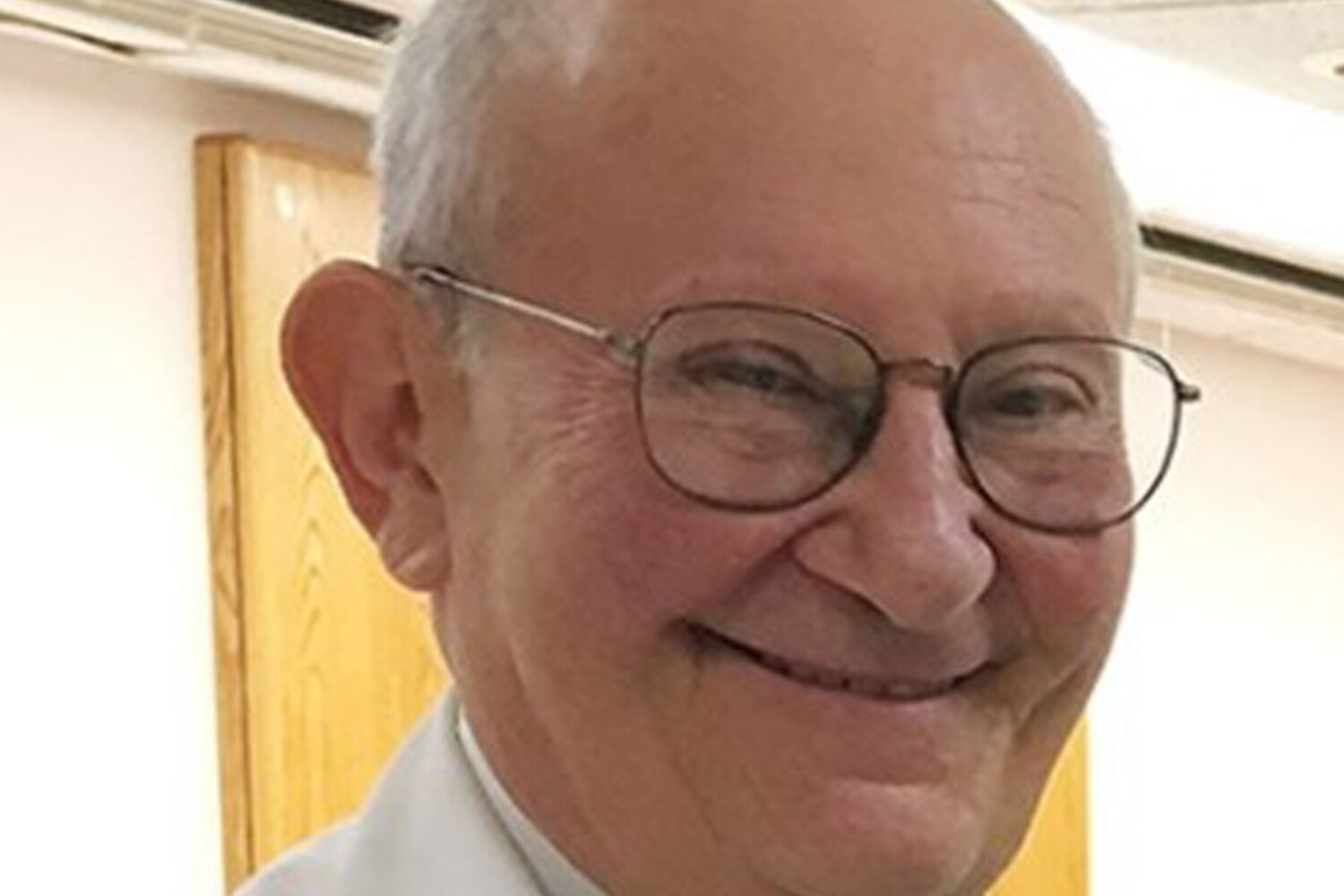
Dr. Michael Simberkoff
- Principle Investigator in the Biomechanics Research for the Advancement of Veteran Outcomes (BRAVO) Laboratory – Department of Veteran Affairs New York Harbor Healthcare System
Dr. Michael Simberkoff, a Navy Veteran, is one of the leading experts in the country on infectious diseases. For many years, he studied how such diseases as hepatitis B, pneumococcal pneumonia, shingles, and influenza could be prevented or modified by vaccines. He was also a pioneer in treating the human immunodeficiency virus (HIV) and its complications and has published more than 100 peer-reviewed articles. He spent 46 years at VA, including 19 as chief of staff of the VA New York Harbor Healthcare System, before retiring in July 2016. He continues to see patients as a volunteer at his infectious disease clinic at VA New York Harbor. He also supervises infectious disease fellows, internal medicine residents, and medical students, and he performs clinical research as a volunteer. He hopes to continue serving Veterans as long as he’s physically and mentally able to do so.
What inspired your research career?
I was interested in pursuing medical research in college, in medical school, and as I began my internal medicine training. I was very fortunate to have great mentors in the department of medicine at New York University, including Dr. Lewis Thomas, Dr. Saul Farber, and Dr. Sherwood Lawrence. These physicians served in the Navy during World War II and helped me obtain a position at the Naval Medical Research Institute [now the Naval Medical Research Center] at the National Naval Medical Center in Bethesda, Maryland.
Did you have mentors in your youth or at any other time who inspired you in life, the military, and-or in your research career?
In addition to my mentors in medical school and internal medicine, I had wonderful mentors at the Naval Medical Research Institute in Dr. Francis Gordon, chief of microbiology research, and Dr. Neylan Vedros. Dr. Vedros helped me learn how to combine my interests in clinical and laboratory research to study infectious diseases. After I returned to Bellevue Hospital and New York University to complete my training, I worked as a basic sciences-infectious disease fellow in the lab of Dr. Lewis Thomas to establish my research credentials.
When and where did you serve in the military? What did you do in the military?
I was a medical research officer while on active duty in the Navy from July 1964 to June 1966. My main duty station was at the Naval Medical Research Institute. My role was to organize a clinical and laboratory research program to study infectious mononucleosis, or IM. IM was common among Navy and Marine Corps recruits, and it caused substantial illness and time lost from training. My job was to collect specimens that we hoped would help define the cause of the illness and a possible means to prevent it. I was also detailed to Camp Lejeune in North Carolina to evaluate and collect specimens for microbiologic analysis from Marine recruits with acute infectious mononucleosis.
You’ve had a longstanding interest in preventing infectious diseases and in vaccines. Tell me more about the research you’ve done and your specialties. How has your work impacted Veterans?
My interest in preventing infectious diseases began during my active service in the Navy. It continued during my basic sciences-infectious disease fellowship in the lab of Dr. Thomas. I moved to the VA New York Harbor Healthcare System in 1970, where I first served as a research associate and later as a clinical investigator. During this period, I studied immune responses to the hepatitis B vaccine developed by Dr. Saul Krugman. In 1975, I moved from the research service to the infectious disease section at VA New York Harbor and continued my clinical and research work. I then became chairman of a VA cooperative study to determine the efficacy of the 12-valent pneumococcal capsular polysaccharide vaccine in high-risk Veteran patients. The vaccine induces antibodies that protect against 12 of the most common types of pneumococcal strains that caused serious bacteremia and-or meningitis infections. This study brought me in contact with a great statistical support team at the CSP Coordinating Center in West Haven, Connecticut, including luminaries in the vaccine world such as Dr. Robert Austrian of the University of Pennsylvania. When the HIV epidemic struck in the 1980s, I became involved in treatment and efforts to prevent this infection in Veterans.
Did your military experience inspire you to pursue a career as a VA researcher? Is your military experience connected in some way to your VA research?
I learned how to do clinical research in the Navy. My positive experiences in the Navy heavily influenced my decision to move to VA following completion of my internal medicine-infectious disease training. I enjoyed and continue to enjoy working with Veterans. They are the most deserving group of patients we can serve. My research in vaccines has definitely improved the lives of Veterans and other people.
Do you believe being a Veteran gives you a greater emotional tie to the work you’re doing? Does it give you more insight into Veterans’ needs?
My experience in the Navy has been a great asset during my career at VA. It allows me to talk to Veterans and their family members as a fellow Veteran, and to better understand and empathize with the physical, mental, and social issues that they experience.
Based on your life experiences to date, what do you believe are the keys to success? What motivational tips would you share?
The keys to success are to work hard, always do what is best for Veterans, and to look at opportunities to accomplish and set new goals.




